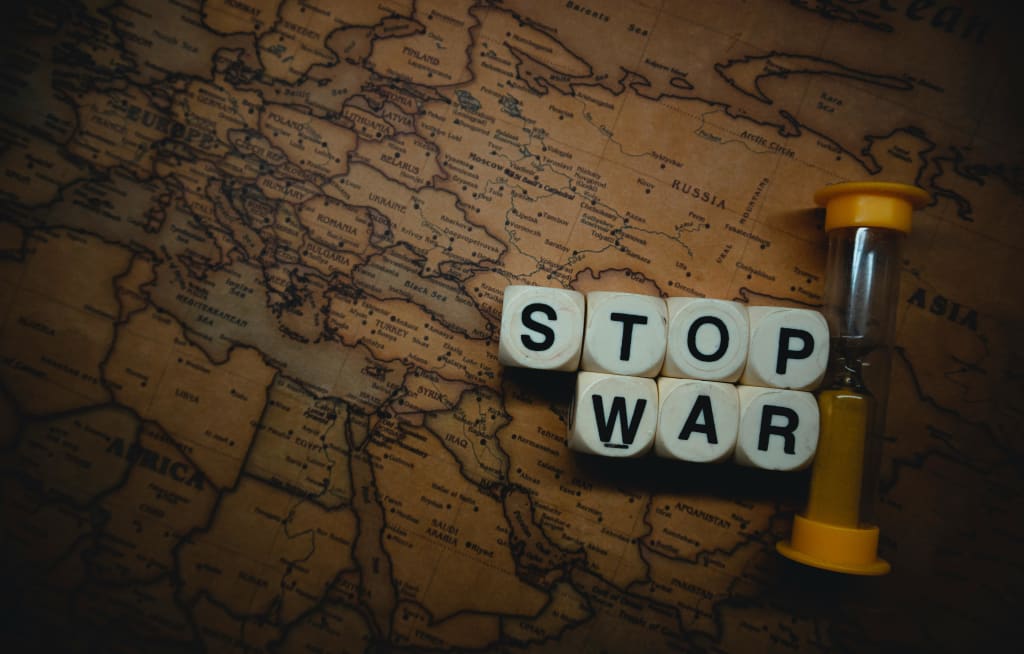Unveiling the Dark Side of History
Atrocities by the "Good Guys

The passage you provided touches upon various instances in history where the actions of those deemed "good" or "victorious" were actually morally questionable or even reprehensible. It highlights the dark side of nations often portrayed in a positive light, shedding light on atrocities and abuses committed by those in power. Let's delve deeper into each of the incidents mentioned, examining their historical context, implications, and lasting effects.
The Bodo League Massacre in South Korea:
The Bodo League Massacre, occurring during the Korean War, saw the South Korean government execute suspected communists in a desperate bid to prevent them from joining forces with North Korea. This ruthless suppression led to the deaths of potentially tens of thousands of civilians. The South Korean government's efforts to cover up the massacres further compound the tragedy. The involvement of the United States military, aware of these atrocities, raises questions about their complicity and moral responsibility.
Firebombing of North Korea by the United States:
General Curtis LeMay's decision to employ ruthless tactics, including firebombing civilian towns and infrastructure in North Korea during the Korean War, resulted in significant civilian casualties. LeMay's callous admission that the U.S. likely killed a substantial portion of the North Korean population underscores the brutality of these actions. The disproportionate use of force against a vulnerable population casts a shadow over the U.S.'s reputation as a liberator.
Internment of Japanese Americans during World War II:
The internment of Japanese Americans remains a dark chapter in American history, revealing the erosion of civil liberties during times of war. The forced relocation and detention of thousands of Japanese Americans, many of whom had no connection to Japan or posed no threat to national security, reflect the dangers of prejudice and fearmongering. The irony of promoting patriotism while depriving citizens of their rights exposes the contradictions inherent in wartime policies.
Western Betrayal in Eastern Europe after World War II:
The division of Eastern Europe and the perceived abandonment of countries to Soviet control after World War II epitomize the concept of "Western betrayal." The Yalta Conference and subsequent diplomatic decisions effectively handed over nations to Stalin's sphere of influence, subjecting millions to oppressive Soviet rule. Churchill's concerns about the emergence of the Iron Curtain highlight the geopolitical ramifications of post-war agreements and the enduring scars of betrayal.
Forced Migration and Enslavement of Germans by the Allies:
The forced migration and enslavement of Germans by the Allies after World War II constitute grave violations of human rights. The indiscriminate treatment of German civilians as collective punishment for Nazi atrocities undermines the principles of justice and reconciliation. The Allies' failure to hold individuals like Curtis LeMay accountable for their actions reflects the selective application of justice in the aftermath of war.
Reports of American Soldiers Raping French Women during World War II:
Instances of sexual violence perpetrated by American soldiers against French women during World War II tarnish the narrative of liberation and heroism. The betrayal of trust and exploitation of vulnerable populations highlight the darker aspects of warfare and occupation. The failure to address these crimes perpetuates a culture of impunity and undermines efforts to confront the realities of wartime atrocities.
Vigilante Punishment of Women in France after World War II:
The vigilante punishment of women suspected of collaboration with Nazi forces in France reveals the complexities of post-war justice and revenge. The humiliation and abuse inflicted on these women, many of whom were innocent or coerced into collaboration, underscore the dangers of mob mentality and scapegoating. The absence of due process and accountability further compounds the injustice perpetrated against these individuals.
Ukrainian Canadian Internment and the War Measures Act in World War I:
The internment of Ukrainian Canadians and the enactment of the War Measures Act during World War I illustrate Canada's history of discriminatory policies and infringement of civil liberties. The targeting of individuals based on their ethnicity and perceived allegiance reflects the xenophobia and paranoia prevalent during wartime. The long-term impact on affected communities underscores the need for recognition and redress for historical injustices.
French Military Torture in Algeria during the War of Independence:
The use of torture by French forces during the Algerian War of Independence represents a stark departure from ethical conduct in warfare. The justification of torture under the guise of combating terrorism highlights the erosion of human rights and the rule of law. The failure to acknowledge and address these abuses perpetuates resentment and trauma within Algerian society, complicating efforts at reconciliation and healing.
In conclusion, the passage underscores the importance of critically examining historical narratives and acknowledging the complexities of human behavior during times of conflict. By confronting the darker aspects of history, we can better understand the enduring legacies of violence, injustice, and trauma, and strive towards a more just and compassionate future.
About the Creator
Mary Ngugi
Ngugi is a professional researcher and a seasonal editor with experience for over 10 years and made a deference in field of work with no disappointments.





Comments
There are no comments for this story
Be the first to respond and start the conversation.